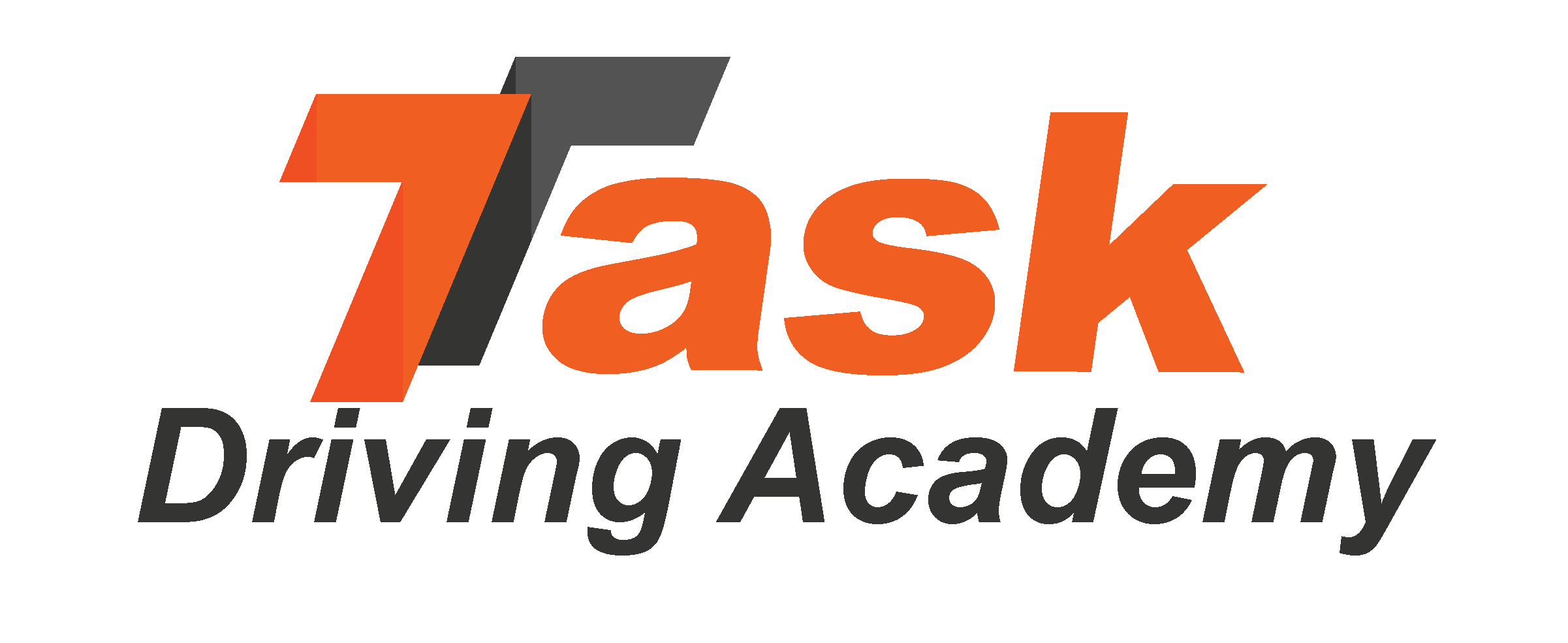Fleet Driver Safety is critical for any business relying on commercial vehicles. Whether you manage a small delivery team or a large transportation fleet in Vancouver, implementing the right safety practices can prevent accidents, reduce operational costs, and protect your drivers and company assets.
In this guide, we cover nine proven fleet safety practices tailored for commercial operations in B.C. These tips apply to new and seasoned drivers alike and help ensure compliance with ICBC rules, WorksafeBC requirements, and corporate liability guidelines.
Table of Contents
🛑 1. Create a Clear Fleet Safety Policy 📋
Start by documenting a formal fleet safety policy. It should outline:
- Expectations for driver behavior
- Rules on distracted driving, speeding, and fatigue
- Guidelines for vehicle maintenance and inspections
- Consequences for safety violations
Make sure every driver reads, understands, and signs off on your company’s safety policy before hitting the road.
🔧 2. Conduct Pre-Trip Inspections Daily ✅
Before each trip, require all drivers to complete a standardized pre-trip inspection. This ensures the vehicle is road-ready and meets safety requirements.
- Check brakes, lights, tires, fluids, mirrors, and horn
- Report defects immediately
- Keep logs for ICBC and insurance compliance
These small steps reduce breakdowns and costly accidents.
📱 3. Ban the Use of Mobile Devices While Driving 📵
Distracted driving is one of the top causes of fleet-related accidents in Vancouver.
To promote fleet driver safety:
- Ban texting or calling while driving
- Require drivers to use hands-free devices (only when legally permitted)
- Use apps or fleet telematics to monitor in-vehicle phone use
Include a zero-tolerance distracted driving policy in your training materials.
🧠 4. Provide Ongoing Driver Safety Training 🧑🏫
Initial training is essential—but it’s not enough. Offer ongoing education for your team:
- Host monthly safety refreshers
- Include real-life driving scenarios around Vancouver
- Provide seasonal driving updates (rain, snow, fog)
- Emphasize risk management, fatigue prevention, and eco-driving tips
Partner with a certified school like Task Driving Academy for fleet safety training in Vancouver.

📊 5. Use Telematics to Track Driver Behavior 🚦
Technology can help you enforce your policies.
- GPS tracking devices can alert you to speeding, hard braking, and aggressive driving.
- Set up driver scorecards to evaluate behavior over time.
- Offer incentives for safe driving scores.
Fleet telematics are a proactive tool for real-time monitoring and long-term safety culture.
⛽ 6. Enforce Rest Breaks & Monitor Fatigue 😴
Fatigue is a silent killer on the road. According to ICBC, drowsy driving can be just as dangerous as drunk driving.
To keep your drivers safe:
- Limit driving hours to prevent exhaustion
- Use E-Logs or manual logs to track hours
- Educate drivers on sleep health and signs of fatigue
Never pressure your drivers to compromise rest for delivery speed.
🧰 7. Maintain Vehicles to Manufacturer Standards 🔧
Proper maintenance not only keeps vehicles running smoothly but also ensures driver safety.
- Stick to a strict maintenance schedule
- Document all oil changes, brake inspections, tire rotations, etc.
- Require mechanics to log completed work for audit purposes
Well-maintained fleets are less likely to be involved in accidents or roadside breakdowns.
🚓 8. Encourage Reporting of Unsafe Conditions or Incidents 📣
Make it easy for drivers to report safety concerns without fear of retaliation.
- Provide anonymous feedback forms
- Create an open-door culture with fleet supervisors
- Review every incident or near miss and revise policies accordingly
This promotes a sense of ownership and vigilance across your entire team.
💬 9. Regularly Audit Your Fleet Safety Program 📎
What works today may not work tomorrow.
- Perform quarterly audits of your fleet policy, training, and vehicle inspections
- Review driver performance and accident data
- Identify trends or gaps that need addressing
- Get third-party feedback from safety consultants or local driving schools
Continuous improvement is key to building a world-class fleet driver safety culture.
🚛 Final Thoughts: Safer Drivers, Stronger Business
Investing in Fleet Driver Safety doesn’t just protect your staff—it safeguards your brand, your bottom line, and your community. When your drivers are confident, trained, and equipped with the right tools, they make better decisions on the road—leading to fewer accidents and better operational results.
📍 Serving Vancouver’s Commercial Driving Community
Task Driving Academy helps businesses in Vancouver, Burnaby, Richmond, and Surrey train safer drivers. We offer:
- Custom fleet safety training
- Defensive driving courses
- ICBC commercial road test prep
- Driver improvement programs
📞 Call us at 778‑957‑7447 or visit taskdrivingacademy.com to learn how we can support your fleet.
🧠 FAQ – Fleet Driver Safety
Q: Are employers liable for unsafe driving by employees?
A: Yes. Under BC laws, employers can be held responsible for fleet driver accidents during work hours.
Q: How often should we inspect commercial vehicles?
A: Daily pre-trip checks are recommended, with monthly full mechanical inspections.
Q: Can we train drivers without taking them off the road?
A: Yes, through online modules, weekend refreshers, or ride-along evaluations.
